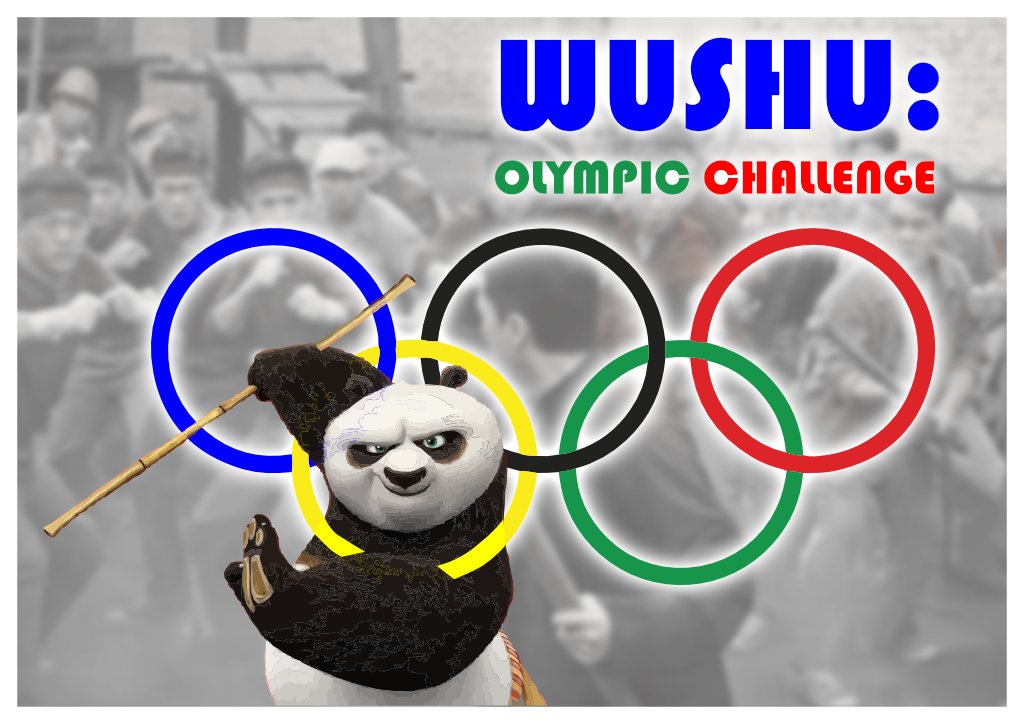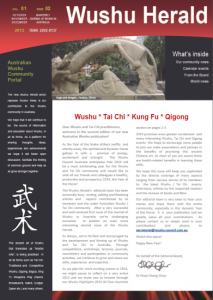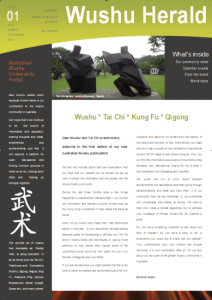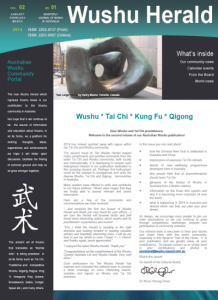Challenges to Olympic Inclusion: A Critical Analysis of the International Wushu Federation’s Strategies in Aligning With International Olympic Committee Program Reforms
* By Qing-song Han, Inge Derom, Marc Theeboom, Xi Jiang, Dong Zhu * Journal of Sport and Social Issues, I-27 2025 *
Abstract
Despite several attempts from the International Wushu Federation (IWUF) during the past 20 years, “wushu” (the collective noun for the Chinese martial arts) has not been included in the Olympic program. To understand why the IWUF has not been successful in achieving its Olympic ambition, this study applies a theoretical framework developed by Strittmatter and colleagues to critically analyze why, how and to what extent the IWUF has responded to the International Olympic Committee (IOC) Olympic program reforms. Through qualitative analysis of IOC and IWUF’s policy documents, this study examines the legitimating acts present in these policies. Findings indicate that the IOC, when reforming the Olympic program, prioritizes the potential benefits to the Games and host cities brought by introducing new sports. The IWUF’s legitimating strategies comprise “substantive” strategies, such as a focus on technical evolution and strengthening international communication, and “symbolic” strategies, including more youth engagement, promotion of traditional wushu, and collaboration with the traditional wushu community. This paper discusses why the IWUF’s policy initiatives have not been successful so far and explores the implications within the broader IOC policy context
…
Conclusion
Utilizing the legitimacy theory framework proposed by Strittmatter et al. (2018), this study critically analyzes the IWUF’s policy responses to IOC reforms over two Han et al. 19decades through a qualitative analysis of publicly available documents. The findings reveal that while the IOC prioritizes the potential benefits new sports may contribute to the Olympic Games and host cities, the IWUF has attempted to legitimize wushu’s Olympic inclusion through substantive strategies such as technical evolution and improved international communication, and symbolic initiatives, including youth engagement and traditional wushu promotion. However, these efforts have not convincingly demonstrated the added value of wushu to the Olympic program. By illuminating the under-explored case of wushu and examining IWUF’s policy strategies that have struggled to gain legitimacy from the IOC, the research provides critical insights into the complex dynamics underlying Olympic program reforms. This study shifts the analytical focus away from successful Olympic inclusion cases, contributing to broader scholarly discourse on the internationalization of sports, legitimacy processes in sports governance, and the inherent governance challenges faced by traditional and emerging sports. As expressed by Richard (2020), chairman of the OGSC, “The change will continue, likely at an ever-increasing speed. Who knows what sports may emerge, what equipment will be used, how sports will be ‘consumed’ by audiences and what means of communication will bring athletes’ performances to those audiences? These matters will be what they will be” (p. 83). This ongoing evolution under the Olympic Agenda 2020 suggests that more national sports or those aligning with host countries’ interests are likely to be introduced into the Olympic program. Consequently, the IOC may encounter persistent challenges in managing potential international tensions arising from the inclusion of culturally specific sports. Given China’s limited prospects of hosting the Olympic Games again in the foreseeable future, combined with the constraints outlined in Recommendation 10 of Olympic Agenda 2020, the pathway for wushu’s Olympic inclusion remains uncertain.
About the author(s)

Qing-song Han is a joint PhD of the Vrije Universiteit Brussel and the Shanghai University of Sport, currently engaged at the Shanghai University of Political Science and Law. His research centres on sports policy analysis with a specific focus on the Olympic movement and wushu internationalization.

Inge Derom’s research interests connect organizations, events and participants in the sport industry to create meaningful experiences and positive social impacts for individuals and the wider community.

Marc Theeboom‘s expertise is primarily focused on policy-related and developmental aspects of sport in general and in relation to specific vulnerable target groups in particular, as well as in martial arts research.

Xi Jiang‘s expertise focuses on international sports law, international arbitration in sports, anti-doping, and international sports governance.

Dong Zhu‘s expertise mainly focuses on wushu internationalization and sport intervention.











